Korea summit: four key takeaways from historic talks
Kim Jong Un and Moon Jae-in announce peace roadmap - but what does it all mean?
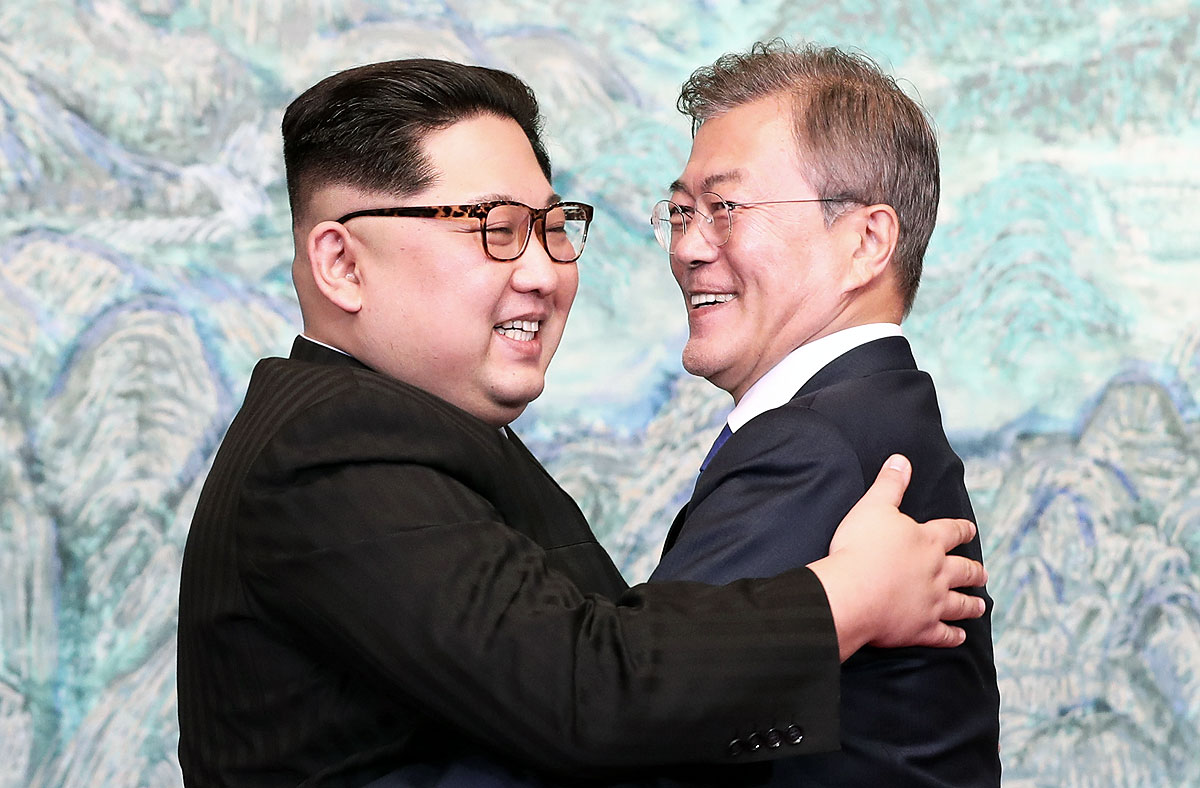
A free daily email with the biggest news stories of the day – and the best features from TheWeek.com
You are now subscribed
Your newsletter sign-up was successful
North Korean leader Kim Jong Un and South Korean President Moon Jae-in today signed a historic declaration pledging to “completely denuclearise” the Korean Peninsula, and stating that there would be “no more war” between the two countries.
The highly anticipated meeting of the two leaders was beamed live around the world, as Kim became the first North Korean leader to step over the military demarcation line at the border since the end of the Korean War in 1953.
The historic day of talks was followed by a formal dinner, with both leaders’ wives in attendence.
The Week
Escape your echo chamber. Get the facts behind the news, plus analysis from multiple perspectives.

Sign up for The Week's Free Newsletters
From our morning news briefing to a weekly Good News Newsletter, get the best of The Week delivered directly to your inbox.
From our morning news briefing to a weekly Good News Newsletter, get the best of The Week delivered directly to your inbox.
Here are the most important takeaways from the landmark summit:
US and China to help end the 68-year war
Kim and Moon agreed to push for three-way talks involving the US and China, in order to officially end the 1950-53 Korean War, which stopped in an armistice and left the Koreas still technically at war.
Washington and Beijing have been following the summit closely. US President Donald Trump appeared to endorse the prospect of ending the war, tweeting early on Friday that the conflict would “end” and that the US should be “proud”.
A free daily email with the biggest news stories of the day – and the best features from TheWeek.com
Meanwhile, a spokesperson for China’s Foreign Ministry said that Beijing applauds “the North and South Korean leaders for taking this historic step, and commend their political judgment and courage”. Chinese officials have yet to comment on the prospect of ending the war.
Moon inadvertantly became first South Korean leader to visit the North since 2007
At the start of the ceremony, which was full of “pomp and circumstance”, an apparently unscripted move by Kim appeared to catch Moon off guard, reports CNN.
The South Korean president was waiting on his side of the demarcation line when Kim crossed over the border. The North Korean leader was the first to speak as the pair shook hands for about 30 seconds, says ABC News - and then asked his South Korean counterpart to reciprocate the symbolic crossing.
Officials applauded as they both briefly stepped back over the line, making Moon the first South Korean leader to visit the North in more than a decade.
“New era of peace” will include family reunification and transport links
Following the morning talks, which took place in the Peace House in the so-called truce village of Panmunjom, the two leaders said in a joint statement that they were aiming to end all “hostile activities” between the two nations.
The bid to resolve issues stemming from the Korean War will prioritise organising a reunion of families left divided by the conflict, as well as rebuilding and modernising rail and transport links between the two nations.
Further joint participation in sporting events was also mentioned, including at this year’s Asian Games in the Indonesian capital, Jakarta. In February, the Winter Olympic in Pyeongchang, in South Korea, saw the two Koreas compete under the same unified flag; an unprecedented move that was described as “something special” by The Independent.
Denuclearisation is still on the table
The most pressing issue prior to the meeting was that of denuclearisation and the dismantling of North Korea’s illegal weapons programme.
Today’s summit appears to have helped ease tensions in the run-up to the meeting between Kim and President Trump in May, following previous threats by the North to destroy both the US and South Korea.
Kim has struck a conciliatory tone in recent months, a stance he continued this morning. Speaking at the border, Kim said that he and Moon had agreed to work together closely to ensure there was not a repeat of the region’s “unfortunate history”, during which previous progress had “fizzled out”.
However, details of how denuclearisation would be achieved were not made clear, and many analysts remain sceptical about the North’s apparent enthusiasm for engagement, the BBC reports.
Vipin Narang, a professor of political science at the Massachusetts Institute of Technology (MIT), told CNN that the North “has long committed to ‘denuclearisation of the Korean Peninsula’, which is not the same thing as unilateral disarmament. Reaffirming this language is not new and should be treated with caution, historic summit notwithstanding.”
-
 One great cookbook: Joshua McFadden’s ‘Six Seasons of Pasta’
One great cookbook: Joshua McFadden’s ‘Six Seasons of Pasta’the week recommends The pasta you know and love. But ever so much better.
-
 Scientists are worried about amoebas
Scientists are worried about amoebasUnder the radar Small and very mighty
-
 Buddhist monks’ US walk for peace
Buddhist monks’ US walk for peaceUnder the Radar Crowds have turned out on the roads from California to Washington and ‘millions are finding hope in their journey’
-
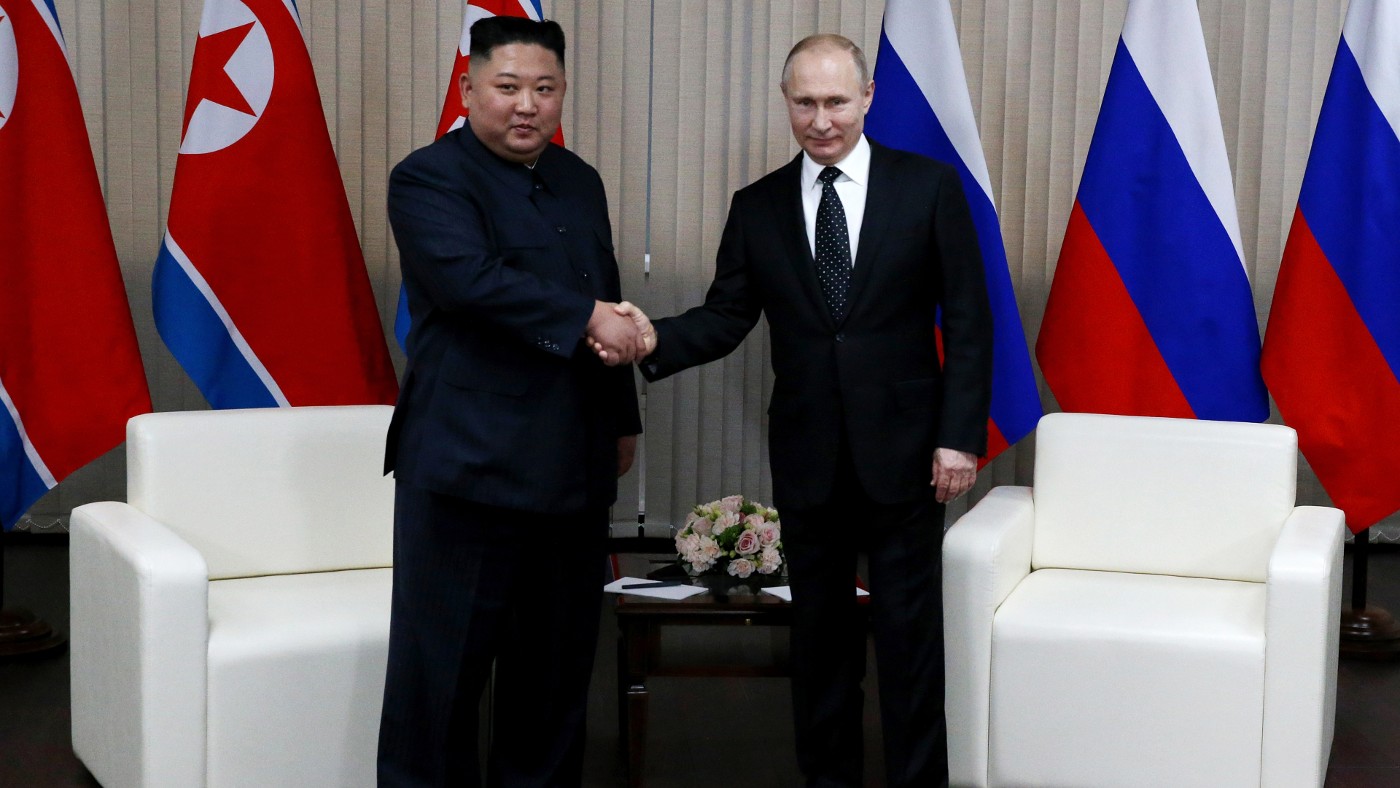 Would North Korean weapons tilt the war Russia’s way?
Would North Korean weapons tilt the war Russia’s way?Today's Big Question Putin wants to boost ‘depleted stocks’ but Pyongyang’s arms may be in poor condition
-
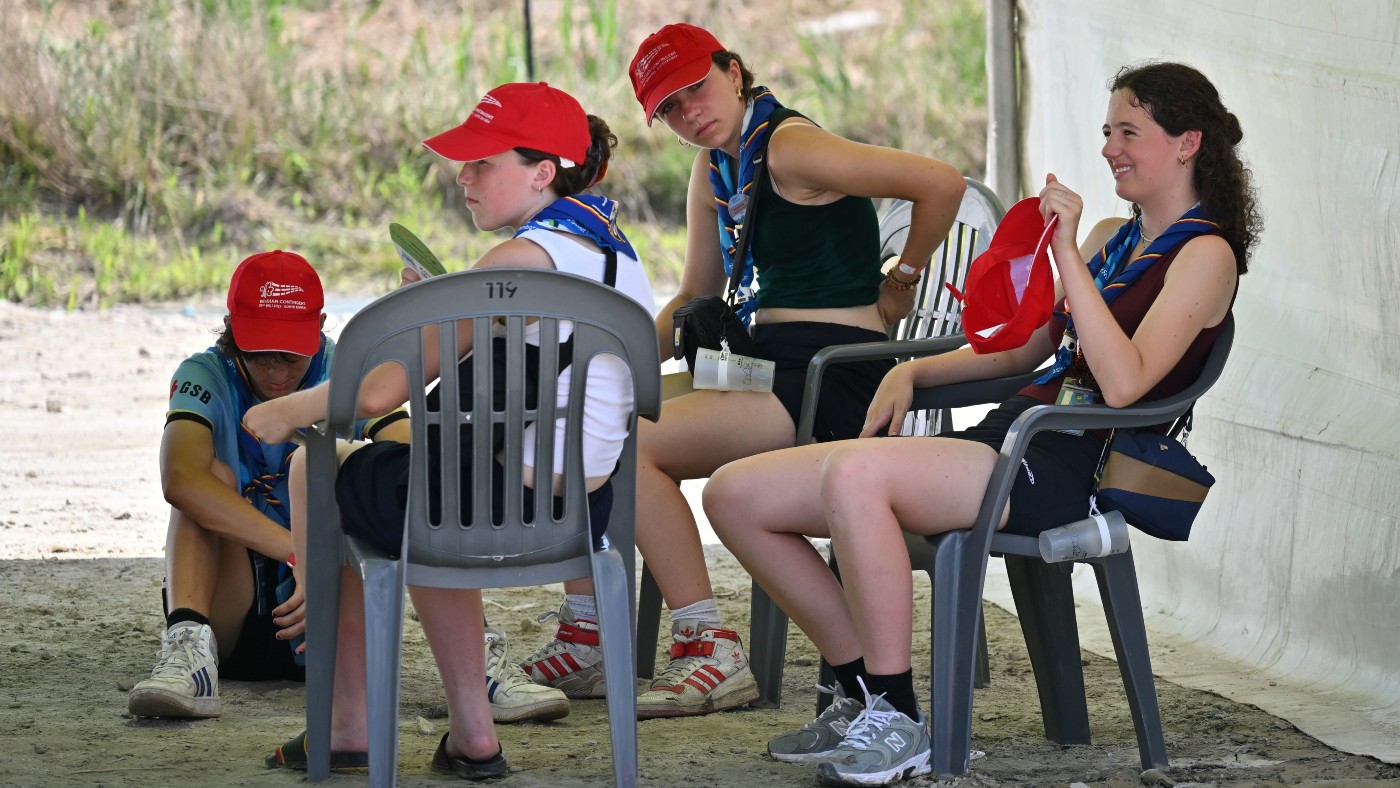 Hundreds of children hit with heat exhaustion at World Scout Jamboree in South Korea
Hundreds of children hit with heat exhaustion at World Scout Jamboree in South KoreaSpeed Read One British parent said children ‘think they are going to die’
-
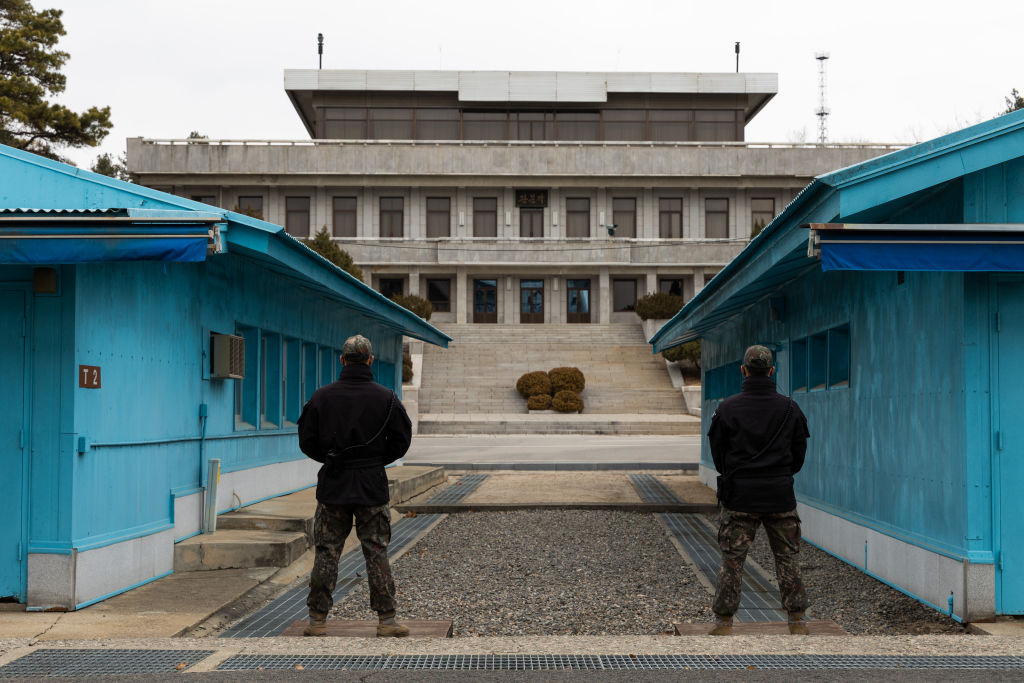 US soldier detained by North Korea after crossing border
US soldier detained by North Korea after crossing borderSpeed Read
-
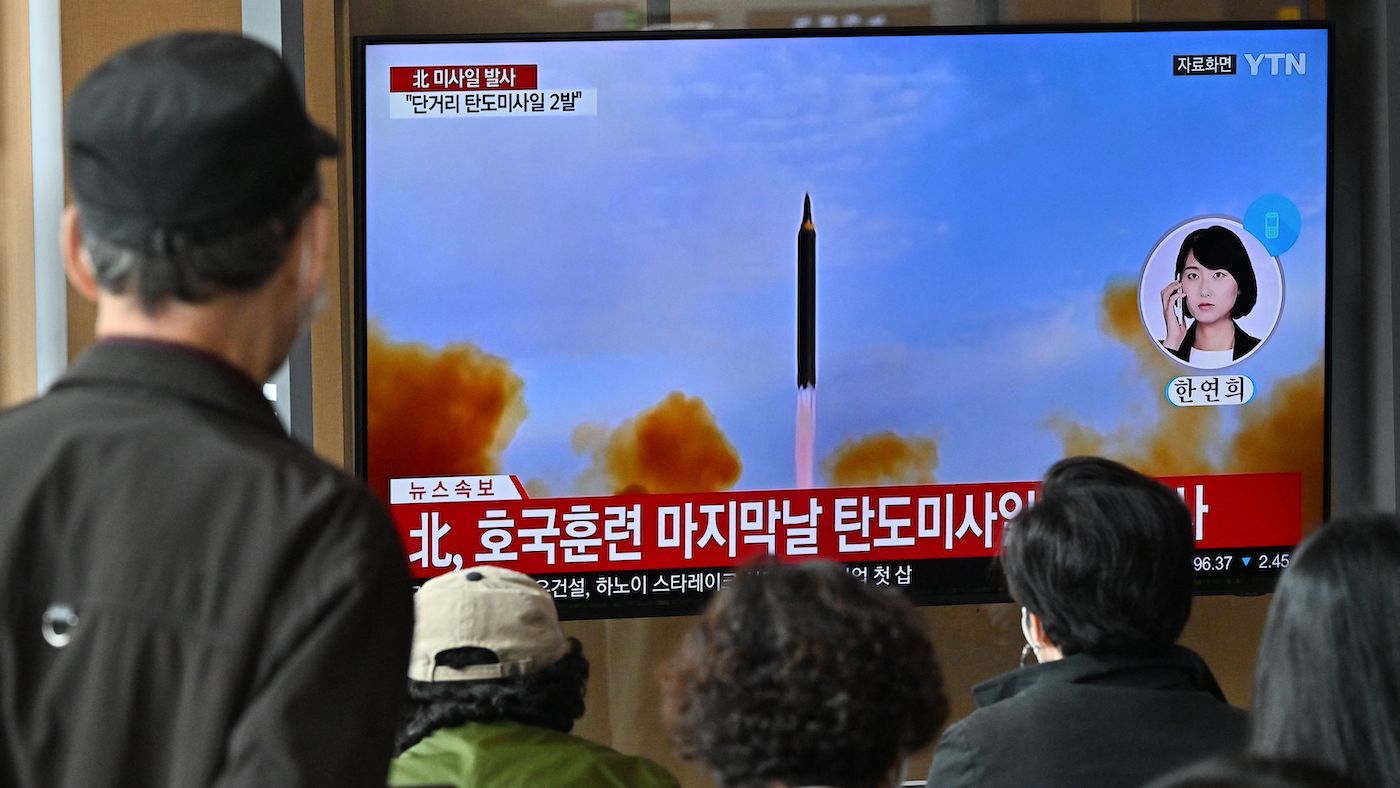 North Korea launches 1,000km missile towards Japan after threatening US
North Korea launches 1,000km missile towards Japan after threatening USSpeed Read Pyongyang warned Washington of ‘shocking’ repercussions over alleged spy planes
-
 Council accused man of stealing his garden
Council accused man of stealing his gardenfeature And other stories from the stranger side of life
-
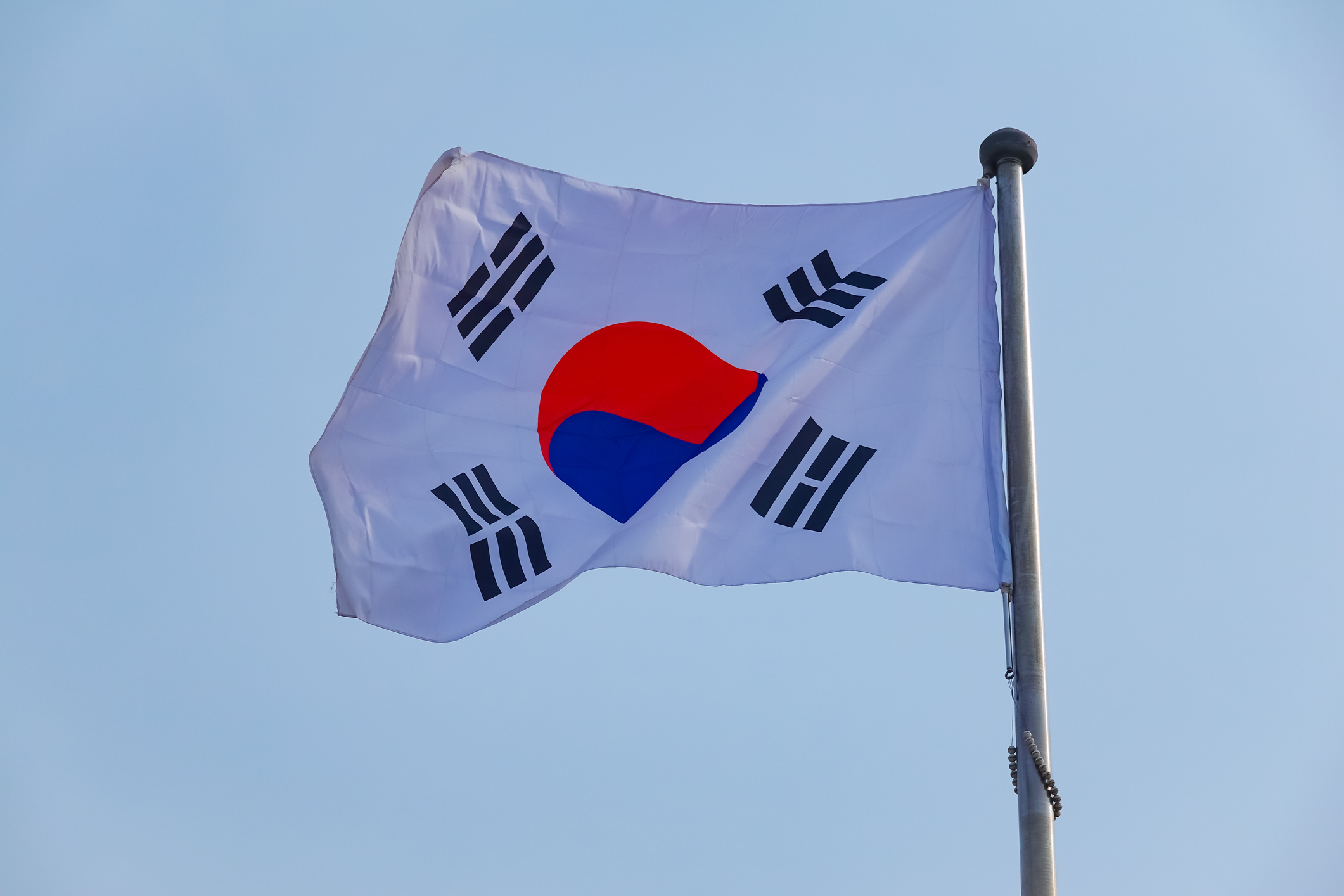 South Koreans suddenly become younger thanks to new 'international age' law
South Koreans suddenly become younger thanks to new 'international age' lawSpeed Read
-
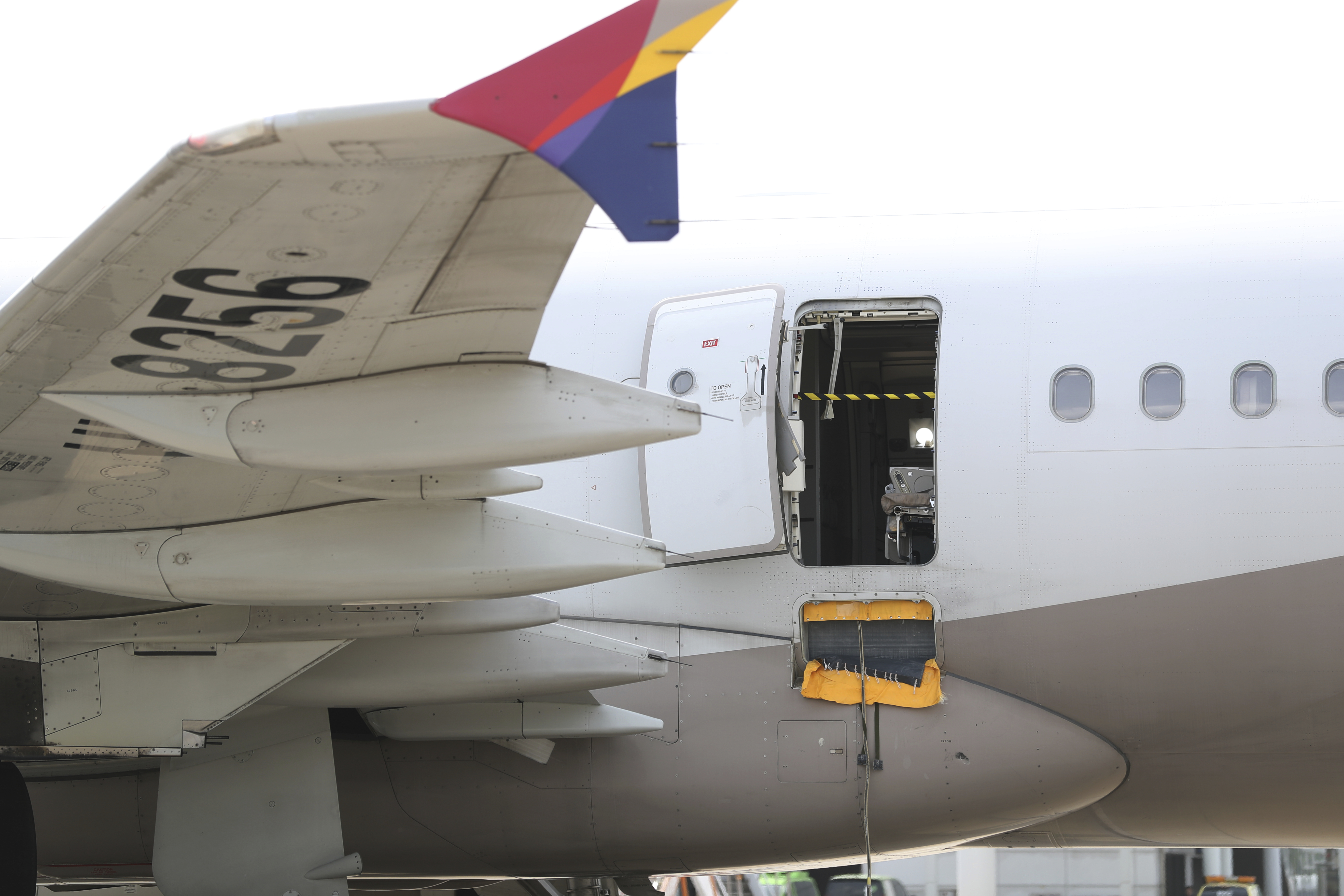 South Korean man facing up to 10 years in prison after opening airplane door in midair
South Korean man facing up to 10 years in prison after opening airplane door in midairSpeed Read
-
 Why South Korea's young people are so lonely
Why South Korea's young people are so lonelySpeed Read Could a financial stipend help the nation's "reclusive" lonely young people?